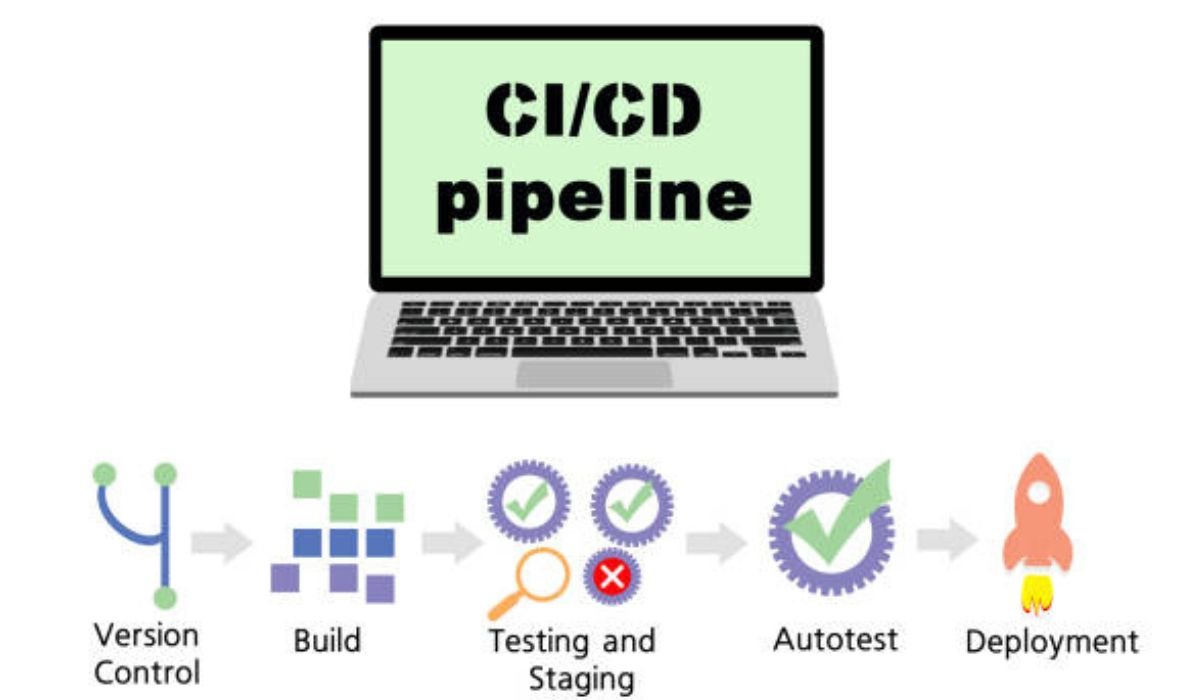Smart technology is transforming the logistics and warehousing industry, with forklifts now playing a pivotal role in data-driven operations. No longer just a piece of machinery, the modern forklift is a smart, connected asset that enables real-time decision-making and operational control. For businesses looking at forklifts for sale, embracing intelligent forklift technology is an essential step toward a safer, more efficient supply chain.
At Toyota Material Handling Australia (TMHA), the adoption of smart forklifts is part of a broader commitment to innovation, safety and total fleet visibility. With tools like the ToyotaI_Site fleet management system and advanced onboard diagnostics, TMHA is helping businesses elevate their warehouse operations and meet the growing demands of supply chain logistics.
What Makes a Forklift “Smart”?
A smart forklift combines traditional materials handling functions with advanced technology features. These may include real-time data tracking, automated safety responses, driver access controls and integration with fleet management systems. Toyota’s smart forklifts can collect and transmit critical data to a central platform, providing insights into operator behaviour, equipment condition and task performance.
The I_Site system, developed by Toyota, connects forklift hardware with cloud-based software to deliver detailed analytics across a fleet. It allows users to monitor performance, assess productivity, and optimise maintenance from any location with internet access.
Enhancing Safety in the Workplace
Safety remains a top priority for any warehouse or distribution centre. Smart forklifts are equipped with safety features that proactively protect operators and reduce incident risks. Toyota’s I_Site technology allows for operator access control, ensuring only trained individuals can operate specific forklifts.
Pre-operational safety checklists can be completed via the onboard system, helping to comply with Australian work health and safety standards. Impact sensors can also detect and report collisions in real-time, allowing managers to investigate incidents and take corrective action quickly.
Driving Efficiency Through Data
Smart forklifts enable a shift from reactive to proactive warehouse management. Real-time usage data provides visibility into how forklifts are performing and where inefficiencies exist. Businesses can use this data to schedule preventative maintenance, reduce idle time and balance fleet workloads more effectively.
For example, if one forklift is consistently underutilised while another experiences high wear, managers can redistribute usage to extend equipment life and reduce servicing costs. These insights are particularly valuable for businesses managing large fleets or multi-site operations.
Optimising Supply Chain Operations
Smart forklifts are not just improving internal warehouse performance. They also support broader supply chain optimisation. Real-time data allows for better forecasting, load planning and inventory movement tracking. These benefits contribute to shorter delivery times, reduced errors and improved service levels across the entire logistics process.
When selecting forklifts for sale, businesses that value operational agility will benefit from choosing smart models that integrate seamlessly with supply chain software and warehouse management systems.
Seamless Integration with Toyota Support
TMHA offers national service coverage and extensive technical support, which means businesses can implement smart forklift technology with confidence. Whether operating a single warehouse or managing complex logistics networks, Toyota’s team provides training, maintenance and system integration support for all telemetry-enabled models.
This makes Toyota an ideal partner for businesses seeking both advanced forklift technology and dependable after-sales service. With a focus on long-term performance and reliability, TMHA ensures that its smart forklifts deliver value beyond the point of purchase.
Sustainability and Cost Control
In addition to improving operational control, smart forklifts can help reduce costs and environmental impact. Data from Toyota’s I_Site system can highlight fuel or energy overuse, support the transition to energy-efficient models, and track consumption across the fleet.
Electric smart forklifts available from TMHA provide a quiet, low-emission solution for indoor use, aligning with corporate sustainability goals. Reducing unnecessary movement, idling and inefficient routes also contributes to lower energy bills and operational waste.
Investing in Smart Technology
The shift to smart forklift solutions is no longer optional for high-performing warehouse and logistics businesses. Choosing forklifts for sale that support smart technology means investing in scalability, future-readiness and data-driven decision-making.
At Toyota Material Handling Australia, smart technology is built into the company’s broader philosophy of continuous improvement and customer support. The integration of I_Site across eligible forklift models gives businesses of all sizes the tools they need to grow efficiently and safely.
Smart forklifts are redefining what is possible in materials handling. They provide the visibility, automation and insight required to thrive in today’s complex supply chain environments. For Australian businesses looking at forklifts for sale, Toyota’s range of smart forklifts offers a competitive advantage through enhanced safety, operational control and long-term efficiency.
To learn more about smart forklift solutions and available models, visit Toyota Material Handling Australia.
READ ALSO: Dropshipping Graypoplar: The 2024 Blueprint for Building a Hassle-Free Ecommerce Empire











